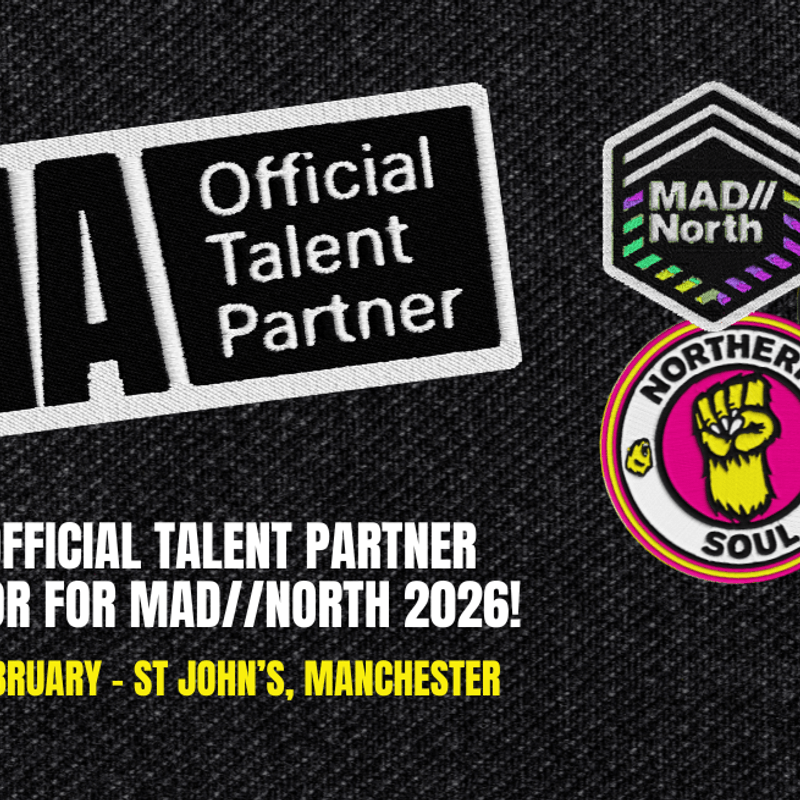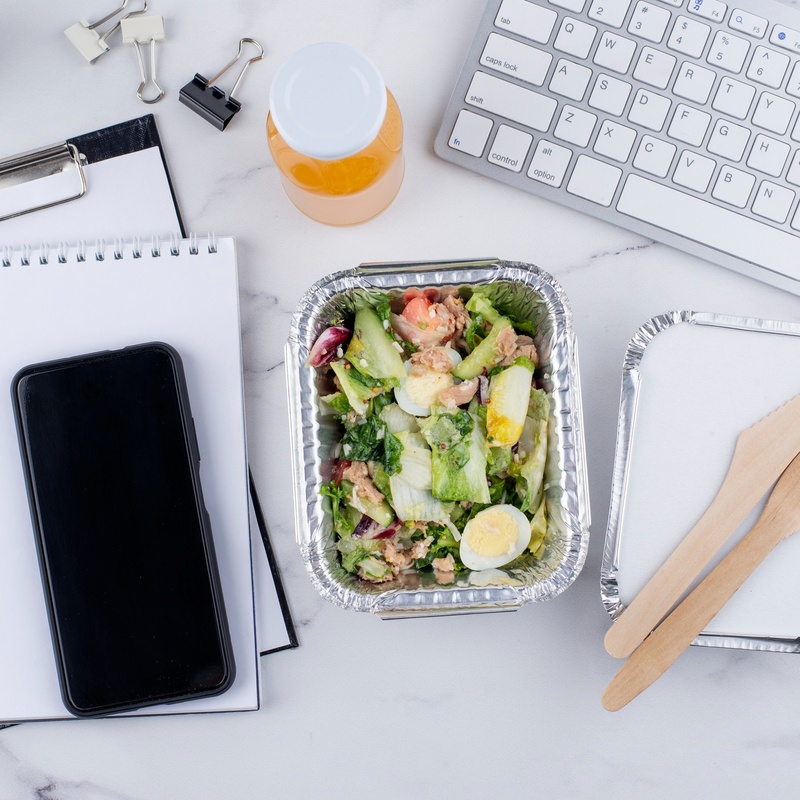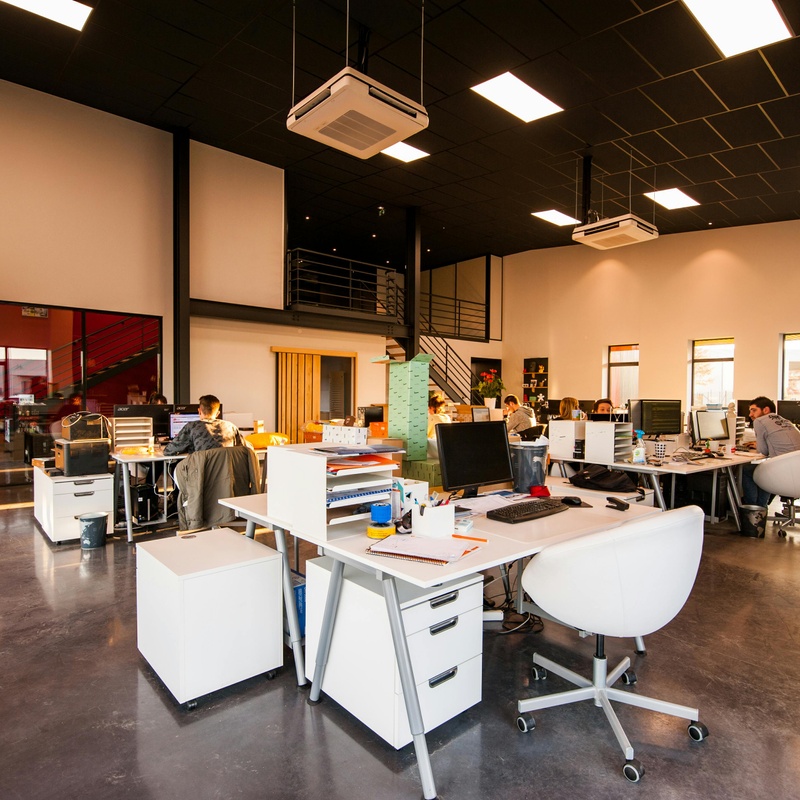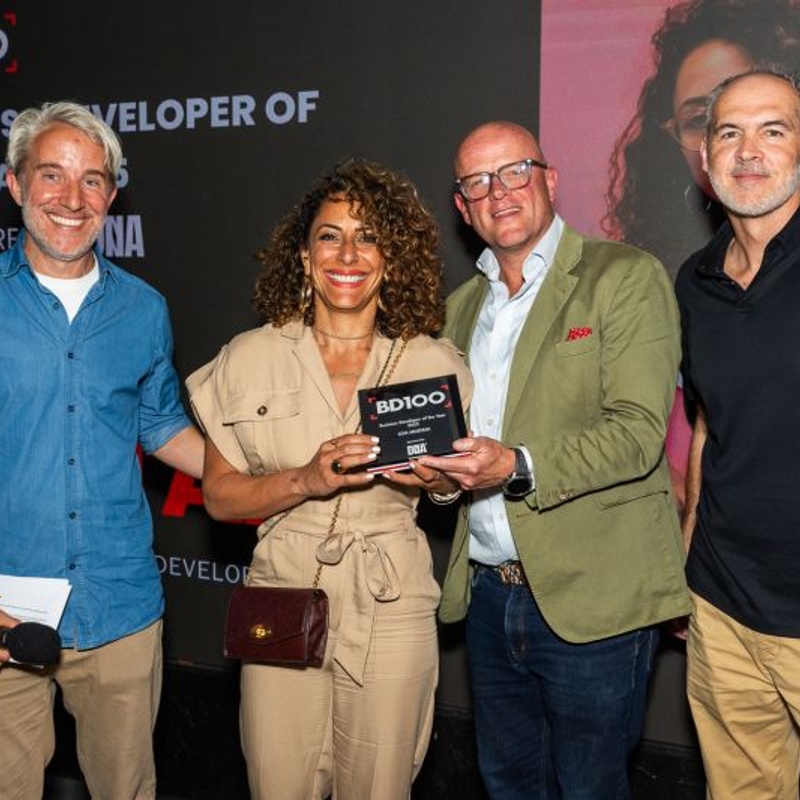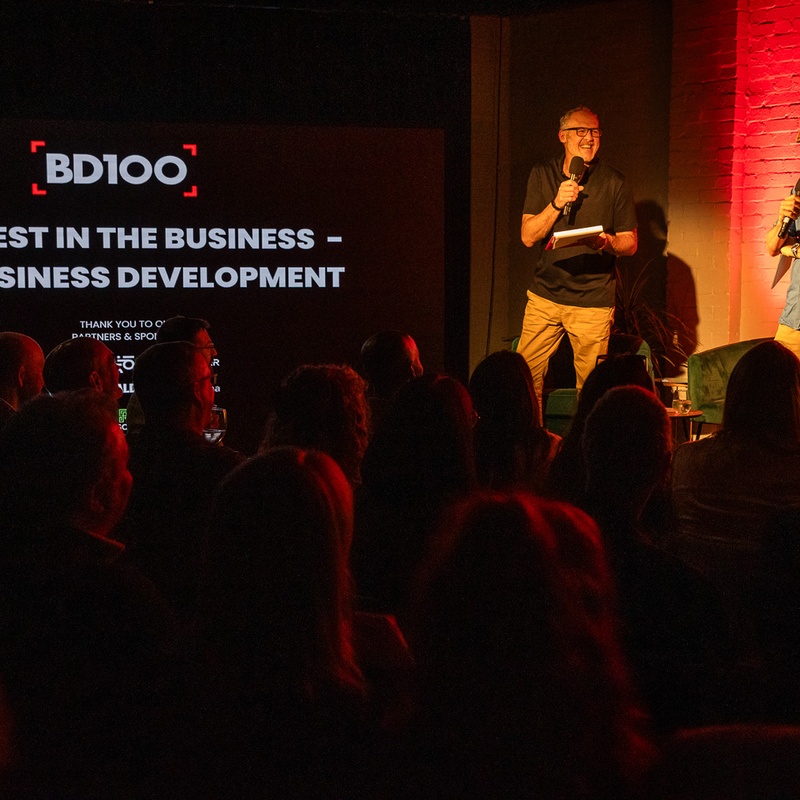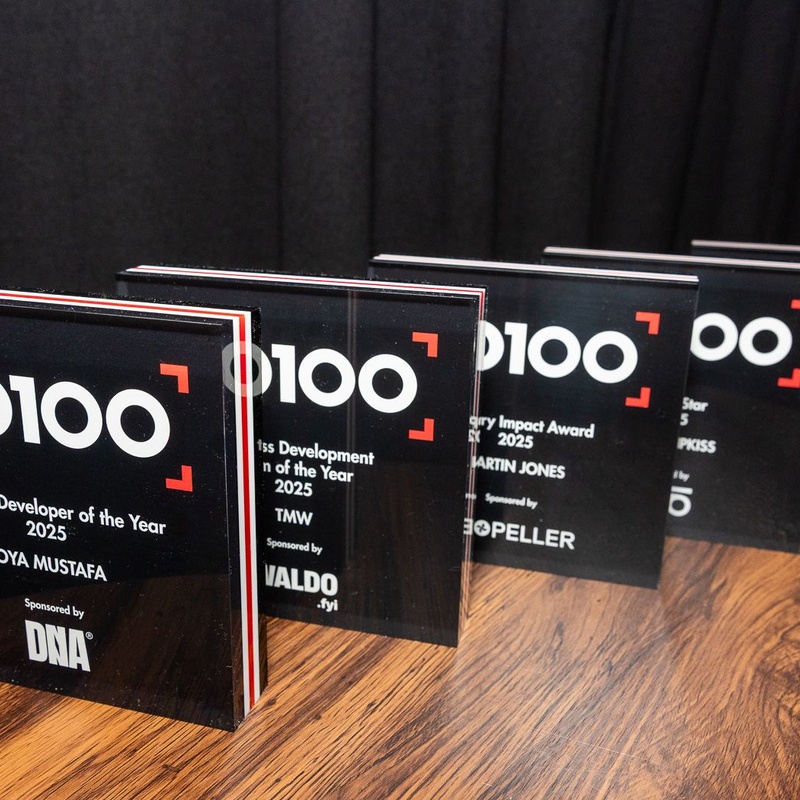INDUSTRY INFORMATION
NEWS
UPDATES
DNA UPDATES
THE LATEST NEWS
TESTIMONIALS
View All TestimonialsThe keyword that I would use to describe DNA is pro-active. Ali was fantastic at approaching the types of organisations that would make a perfect fit for my aspiration. He did so from the point of real understanding. He spent time understanding my experience and what I could bring to an organisation, and what I was looking for from my next appointment. Ali understands the business and the role, and I found him insightful as we discussed my next move. Fast forward ten years, and I still love it!
Executive Planning Director
Ashley Patterson
I was highly recommended to meet Ali Wallace 19 years ago after working for a few agencies and looking for a new challenge – Ali was full of great advice, very focused on cultural fit and well connected to agency leaders. Within days I was meeting the co-founders of TLC Worldwide and rapidly offered a role as an Account Director. Since then, I have been on an incredible journey around the world with TLC, for almost 2 decades. I would strongly recommend anyone in marketing to speak to Ali about hiring great talent or looking for an exciting role.
Chief Strategy Officer, TLC Worldwide
Alex Javer
I first engaged with DNA when Ali and his team visited UAE 10 years ago where he and the team were looking to place some very talented positions into Grey Group in Dubai. Within minutes I understood that DNA’s agency knowledge, insight and global spread was impressive, and the team had obviously done some very thorough research on candidacy and needs. Ever since then, DNA has always been engaged, looking for opportunities for my staffing needs and reassuringly, looking for the right opportunities for myself, aiding my personal creative journey. Ali recently presented me with a ‘glove’ opportunity, where the brief could have literally been written with myself in mind, and through a very interpersonal approach, DNA coached and facilitated everything needed to make the introduction and interview process an informative, pleasurable and successful experience. Always reassuring to have a team who are driven and knowledgeable, who research positions that don’t just fit, but can immerse candidates seamlessly into creative organisations – DNA is an apt naming moniker for a personal partnership like this.
Executive Creative Director
Andrew Mitchell
In the world of advertising, you’re only as good as the people around you. Having led creative departments for some of London’s leading agencies throughout my career, Ali Wallace is the epitome of this, and on many fronts. He has helped me find talent to make me look great for well over 15 years and introduced me to Trouble Maker, which he knew would be my dream home. All this has been made possible by Ali getting to know how I tick as a human being and creative leader, by building both a great friendship and trusted ear – he has been an amazing counsel both in business and in life, helping me navigate my way through my career and beyond. Whether you’re looking to hire, be hired, or fancy some thoroughly enjoyable company at the Oval or for someone to find your ball(s) on the golf course, I couldn’t recommend Ali more highly.
Chief Creative Officer, Trouble Maker
Andy Taylor
"Working with Ali and the DNA team has been amazing as they'd really taken the time to understand what I was looking for in my next career move. Ali has given me some great advice and tips, and helped me land the role I was looking for. If you're looking for your next career move then I'd highly recommend speaking with Ali and the DNA team. I'll definitely be sharing Ali's details with any of my network who are looking for a new role."
Senior Account Manager, Ingenuity
Antony Sunder
The process was inspiring and my recruiter, Yasir, felt more like my spokesperson than a recruiter. We created a video CV through the DNAScreen platform, which allowed me to demonstrate my experience and abilities as a "Video CV" for the client which helped push for exactly what I was looking for: my dream job. Communication was cogent and I was kept well informed throughout the process. It's easy to lose talent to nerves, so I recommend DNA's approach to recruitment.
Roblox Developer
Arthur Brennan
The keyword that I would use to describe DNA is pro-active. Ali was fantastic at approaching the types of organisations that would make a perfect fit for my aspiration. He did so from the point of real understanding. He spent time understanding my experience and what I could bring to an organisation, and what I was looking for from my next appointment. Ali understands the business and the role, and I found him insightful as we discussed my next move. Fast forward ten years, and I still love it!
Executive Planning Director
Ashley Patterson
I was highly recommended to meet Ali Wallace 19 years ago after working for a few agencies and looking for a new challenge – Ali was full of great advice, very focused on cultural fit and well connected to agency leaders. Within days I was meeting the co-founders of TLC Worldwide and rapidly offered a role as an Account Director. Since then, I have been on an incredible journey around the world with TLC, for almost 2 decades. I would strongly recommend anyone in marketing to speak to Ali about hiring great talent or looking for an exciting role.
Chief Strategy Officer, TLC Worldwide
